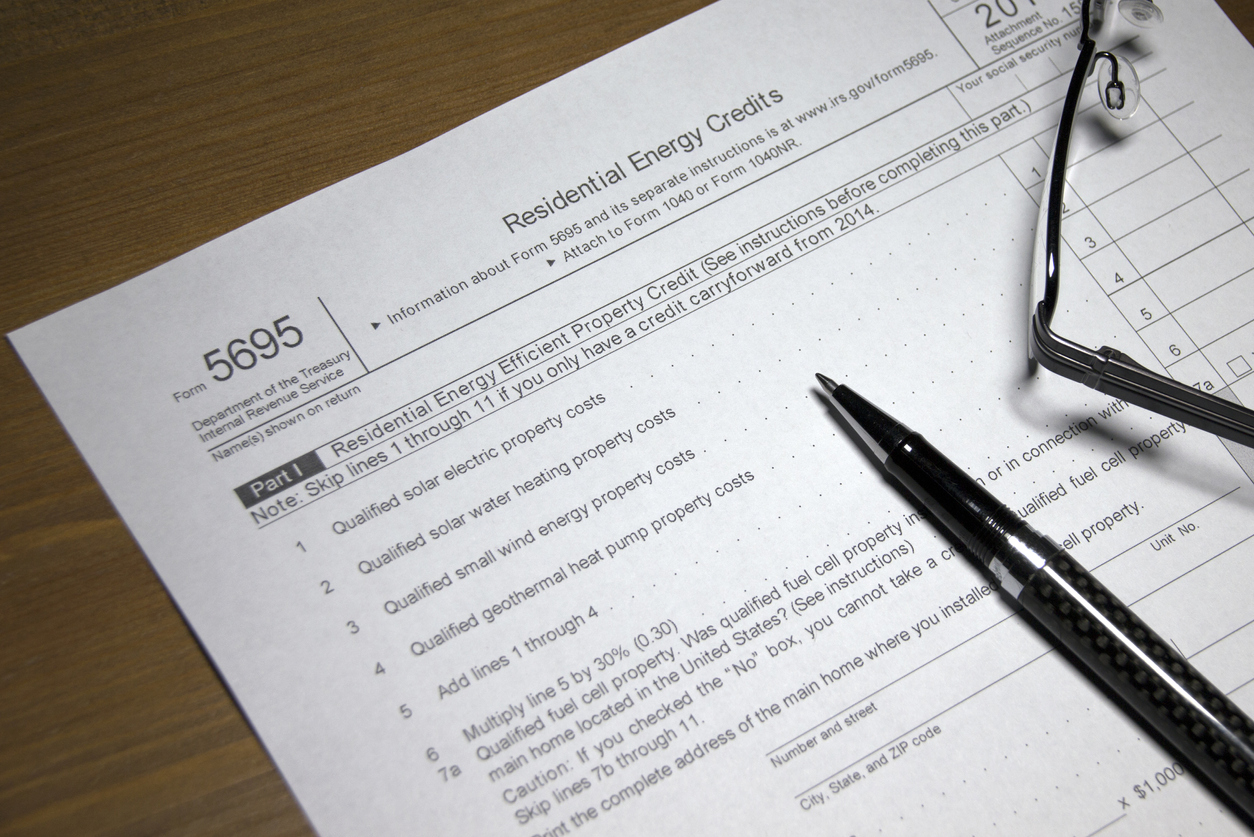Solar power can be an exciting and environmentally-friendly way to “go green” while potentially saving money on your electric bills. Often consumers view the change to solar power for their home as an investment in the future with benefits for generations to come. But before you or your family chooses solar, you should determine if solar is right for you and your home.
Beware of Solar Scams
If it sounds too good to be true, it probably is.
Across the nation, there are many companies that offer solar power systems. But consumers must investigate the advantages promised by the solar company and evaluate whether solar panels would provide benefits to their lifestyle and their pocketbook.
Consumers Must Use Caution
There are a lot of shady actors in the solar market – from the sales company, to the panel installer, and then the finance company. Consumers should be wary of scams in the solar industry and use caution while considering a solar power contract. Remember to consider the following:
- Do not feel pressured to sign the salesperson’s tablet or iPad. There is no rush.
- Insist that the salesperson provide paper copies of all contracts and documents
- Take time to read every document that requires your signature or initials.
- Seek advice from a trusted advisor.
- Get all of your questions answered before signing anything.
Do Your Homework
Take time to evaluate whether a change to solar power is a good decision for you by taking the following steps.
Conduct an audit. Consumers should conduct an audit to determine if a solar unit will help save them money on energy bills. They should determine how many sunny days they see on an annual basis and evaluate whether shade from trees or structures would block the sun from the location of installed panels. Also, it is important to check the roof to make sure the home is equipped to sustain the weight of a solar panel system.

Make a budget. Solar energy systems are a major expense. Make sure to get bids from several different companies and remember that the lowest bid isn’t always the best. If you pay with a loan, make sure to factor in various charges associated with the loan.

Inquire about tax credits. If you buy a system, you may be eligible for various local, state, and federal tax credits. The federal renewable energy tax credit for homeowners is equal to 26% of the system’s cost. That credit is scheduled to expire at the end of 2021. The Department of Energy keeps a database of state-specific credits.

Read the contract. Make sure the contract mirrors everything a salesperson told you. Know the length of the contract and how much you will pay per month (if you are leasing the equipment) or per kilowatt-hour (with a power purchase agreement). Make sure any fees are detailed as well as who pays for any repair, to the panels or to the roof, that is needed during the duration of the contract.

- Report the bad actors. Thousands of complaints have been lodged by consumers about various solar energy company’s practices. If you’ve experienced trouble with a solar sales company, installer or finance company, submit a written complaint to the Federal Trade Commission, your State Attorney General – Bureau of Consumer Protection, and Better Business Bureau. In addition, you may want to write to your U.S. Congressman or State Representative to inform them of your experience with deceptive practices used by the solar sales company.
(Thanks to this article for the above handy list: Do Your Homework Before Going Solar.)
Seek Legal Help 
Flitter Milz is a nationally recognized consumer protection law firm that evaluates solar panel sales matters for potential violations of consumer’s rights involving fraud, such as forged contracts, identity theft, and credit reporting privacy violations. If you believe you may be a victim of solar panel sales fraud, Contact Us for a no cost review. We may be able to help.








